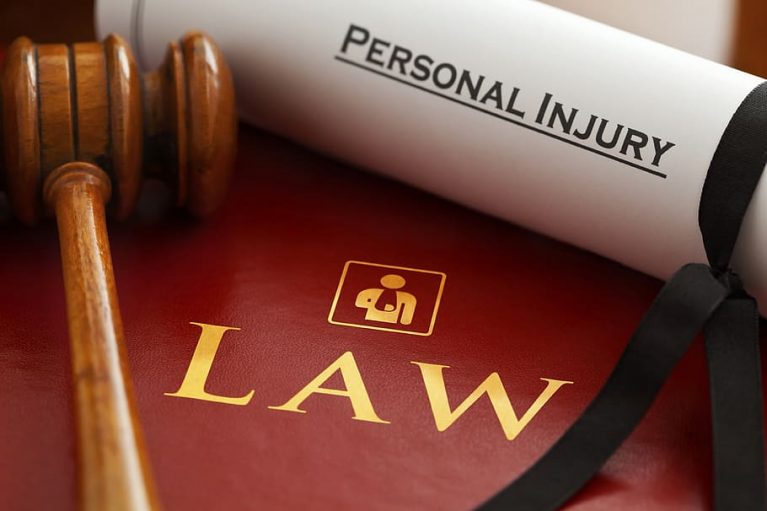The circumstances could have been different where you were trying to protect your partner or companion. Or you may have acted in self-defense, or it could even have been a mutual fight. Regardless of the morality of the issue, you may be up against an aggravated assault charge and need a Houston assault lawyer to get you out of the legal mess.
You face severe penalties if you get convicted. Even if you know you are innocent, the onus is on you to prove yourself. The prosecution will be bent on convicting you, and only an experienced attorney can defend your rights and get you out of the jam.
What’s Aggravated Assault According to Texas Law?
According to the Texas penal code 22.02, a person can be charged with assault if they cause bodily injury to another, whether intentionally, recklessly, or knowingly. Even threatening any person with bodily injury intentionally or knowingly constitutes assault.

Causing physical contact with another person, being aware that the other person considers this contact as offensive or provocative, is charged under this law. Threatening your partner with bodily injury constitutes assault.
A Texas report indicates 68% of the women seeking protective orders had already been threatened or abused.
Causing Severe Bodily Injury
Causing severe bodily injury is considered a form of aggravated assault. Suppose you are charged with such a crime (even if it was unintentional), you must contact a Houston assault lawyer immediately before saying anything or signing any documents that can be prejudicial to you.
Severe bodily injury is different from a simple assault causing mere superficial scratches or bruises. It is severe enough to cause death or permanent disfigurement, loss, or impairment of any body part for an extended period under Texas penal code 1.07.
Determining whether an injury is severe under the law can vary from case to case. It may be made without any medical treatment, and if medical treatment could have saved the life or prevented disfigurement, it is not considered. The determination before treatment is taken into consideration.
Brandishing a Deadly Weapon
A person in possession of a deadly weapon and brandishing it without inflicting any severe bodily injury is still chargeable for aggravated assault. You may not have had any contact with the person you threatened; even then, you can be charged for aggravated assault.
It is worth noting that mere possession of a deadly weapon while committing the assault, but not using or brandishing it, is not the same under the law. Determining whether it is aggravated assault depends on how the weapon was used or brandished during the assault.
A deadly weapon is thus classified if it can be used to cause bodily harm/injury and may include:
- A loaded or unloaded firearm
- Glass bottle
- Baseball bat
- A pair of scissors
- Hammer
- Vehicle
- Knife
- Others
Most of the deadly weapons listed above have purposes other than causing bodily injury, though they can be used for that purpose.
Texas law also considers other factors while determining items other than firearms with the capacity to cause bodily injury or death. It would depend on how the so-called weapon was used, whether the defendant was close enough to cause the injury, and if any threatening words or gestures were used.
Summing it Up
It is possible to be charged with aggravated assault even on flimsy grounds and with hardly any evidence. Hence, under such circumstances, the best recourse is to contact an experienced assault attorney for advice.






